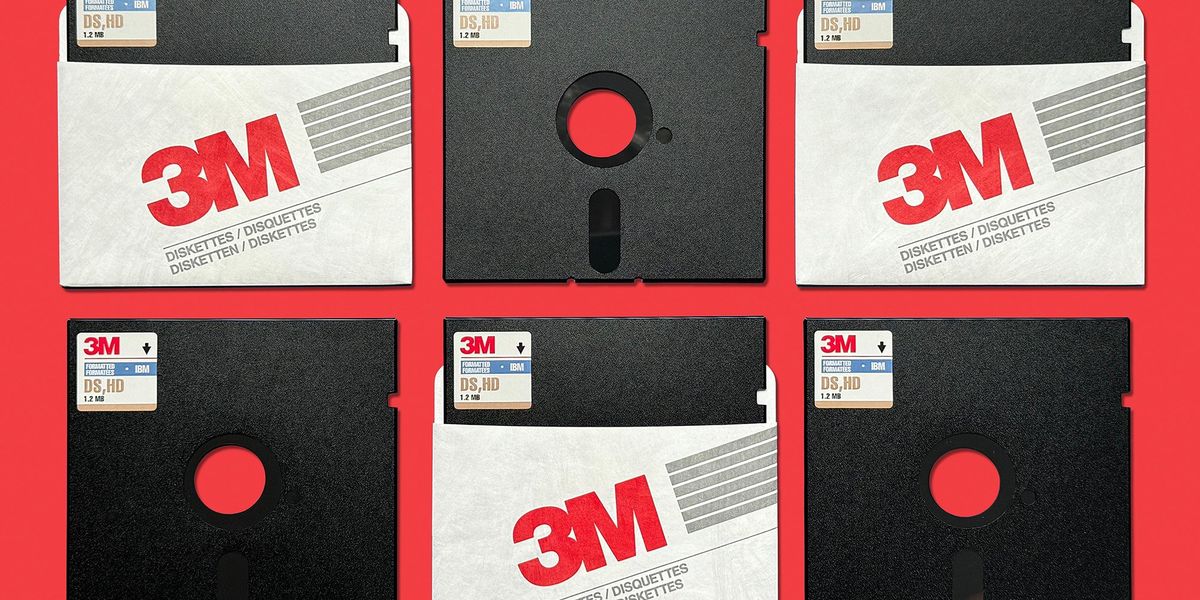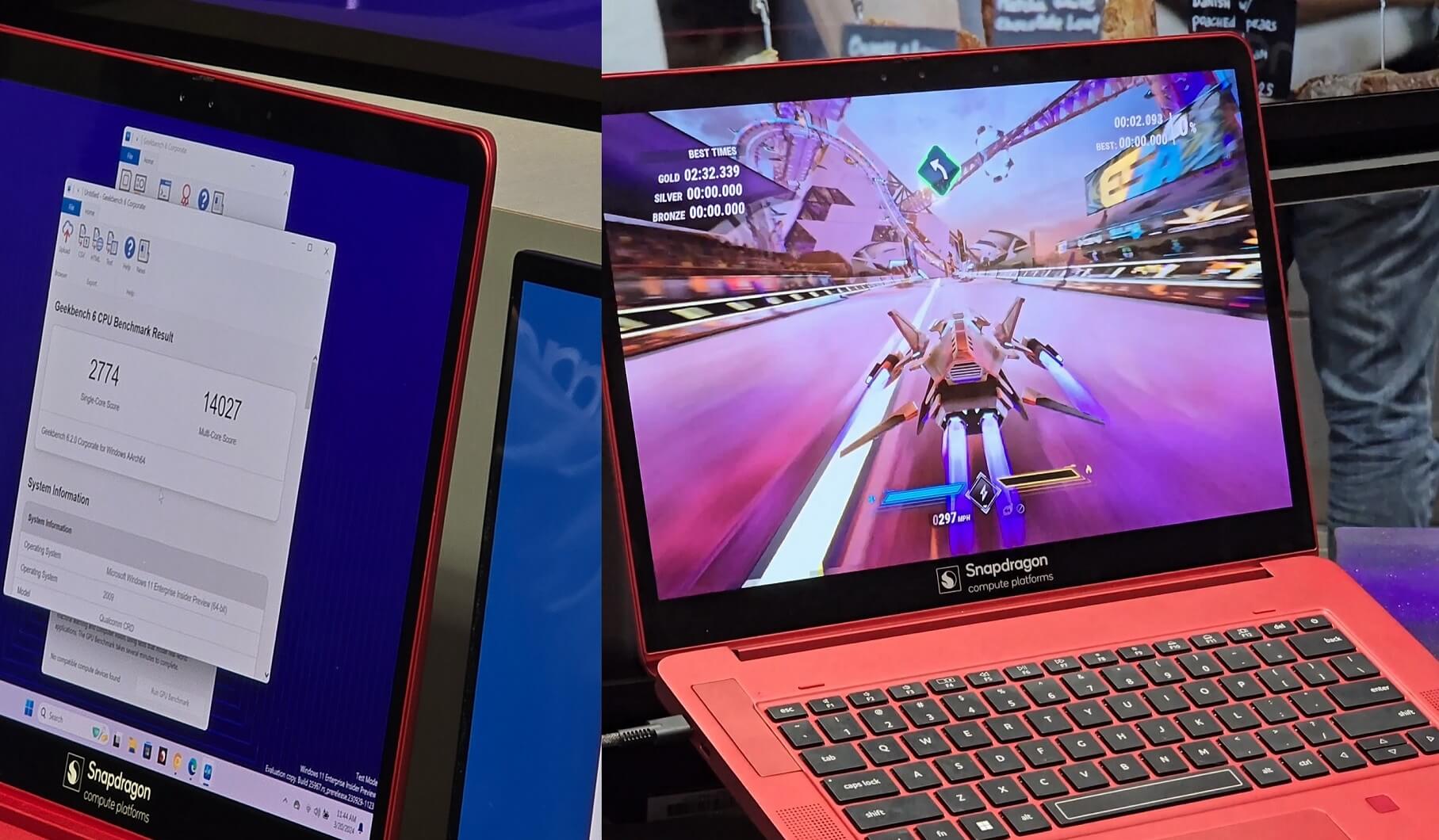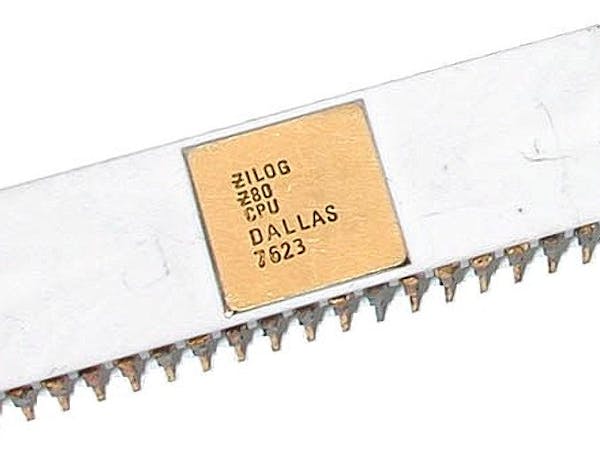Today I tried to install OS/2 WARP v3 in VirtualBox, but there was no progress further than the graphical setup menu.
I guess that I have also Windows NT somewhere ... I've been collecting a few older MS-OSses throughout the years.
I guess that I have also Windows NT somewhere ... I've been collecting a few older MS-OSses throughout the years.





